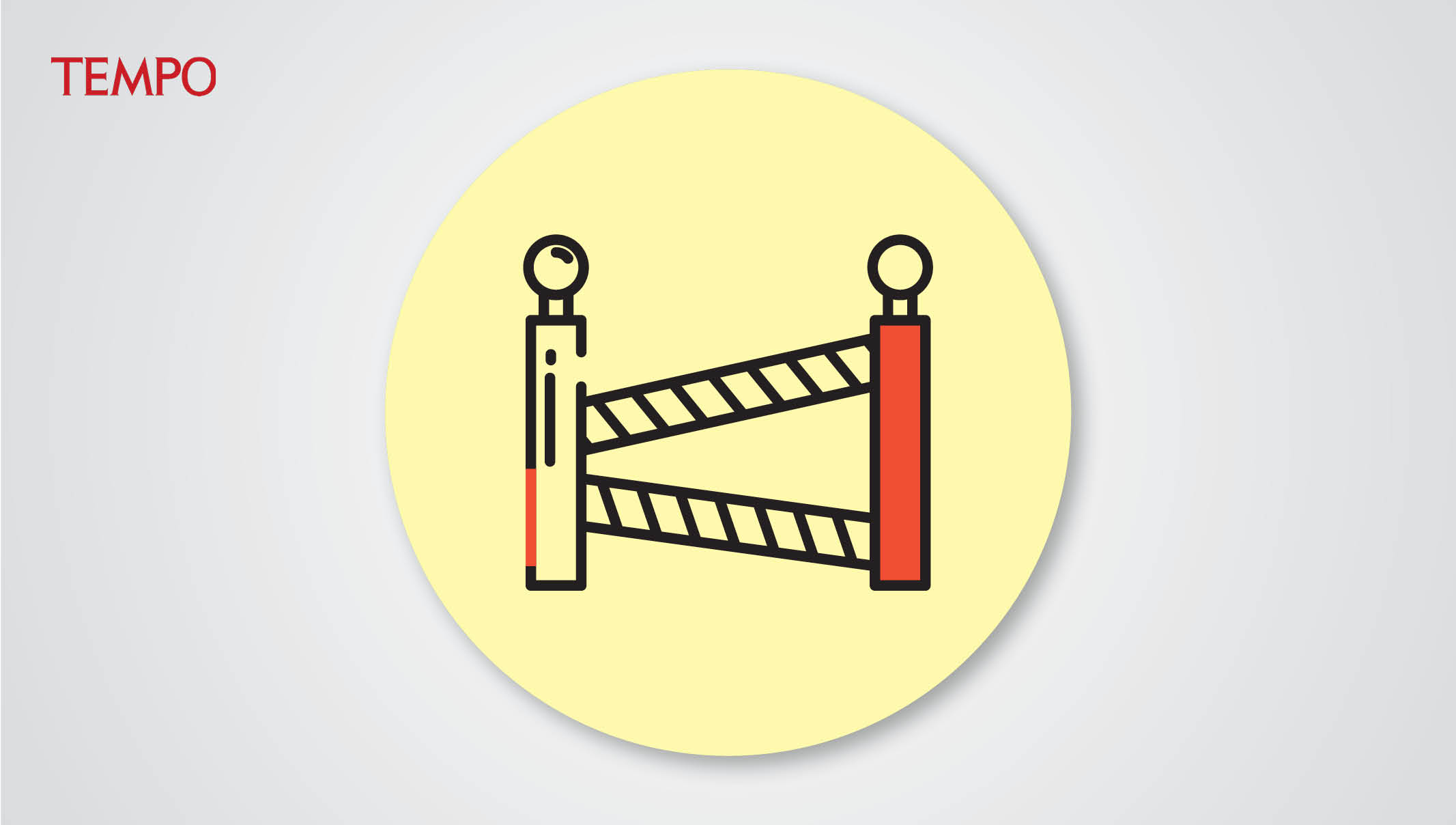Untoward Practices at the Tsingshan Smelter in Morowali
Monday, January 1, 2024
A fire at the Tsingshan nickel smelter that killed 19 workers is believed to have been caused by carelessness. There was minimal oversight.
arsip tempo : 174721319680.

REPEATED work-related accidents at the nickel smelter in Morowali Regency are a hard slap in the face for the government. It is untoward that an industry obtaining investments to the tune of hundreds of trillions of rupiah can operate with such disregard for worker safety standard operating procedures.
Yet that was the case at the Indonesia Tsingshan Stainless Steel smelter in the Indonesia Morowali Industrial Park, Central Sulawesi. In the early hours of Sunday, December 24, 2023, furnace number 41 exploded and burned 59 workers. Nineteen had died as a result of fire and asphyxiation.
This was not the first time that tanks had burned up at a smelter. A year before, a similar incident occurred at the nickel industrial zone owned by Gunbuster Nickel Industry company. Two workers were fried to death in the accident. On April 27, 2023, another accident occurred at the Indonesia Guang Ching Nickel and Stainless Industry company. This company, too, is part of the Morowali industrial zone.
Repeat tragedies can be avoided if the government is more serious in overseeing nickel smelter operations. More so since upstream mineral projects are part of the national strategic project list, always touted by President Joko Widodo as his claim to success in developing the industrial sector.
All the while, the status of national strategic projects has been the excuse for the government to give special treatment to nickel smelter companies. The same should not apply regarding sanctions for violations of work safety standards. The Indonesian Forum for the Environment (Walhi) discovered that throughout 2022-2023, not a single smelter company has been sanctioned for accidents that took the lives of workers.
The government should learn from other countries in handling occupational accidents in the industrial sector. Take the Upper Big Branch Mine Disaster, a coal mining explosion in West Virginia, United States of America, which killed 29 miners in 2010. The same goes for the Tianjin explosions in China in 2015 that killed 173 people, and the Xiangshui Chemical Plant Explosion in 2016, which took the lives of 78 people.
These accidents were followed up with serious investigation to find the culprit behind them. Those found guilty were given heavy sanctions to create a deterrent effect. The governments then created even more detailed workplace health and safety standards to anticipate similar and repeated incidents.
In the Tsinghsan smelter, indications of carelessness are very apparent. This magazine found that repair work on the smelter oven had been done while the material inside was still boiling. Repairs should, in fact, be made only after any material in the oven has cooled down. Moreover, after repair work was executed, not a single work safety and health inspector came to scrutinize it.
The many suspicions of violations can be the entry point for the police to investigate the Morowali tragedy thoroughly. If work safety rules are violated purely in the interests of efficiency, it is imperative the company be severely punished. Government bodies that do not oversee health and safety practices in the field, too, need to be punished.
The government needs to have the courage to take a firm stand, because there is no investment worth endangering human life.











